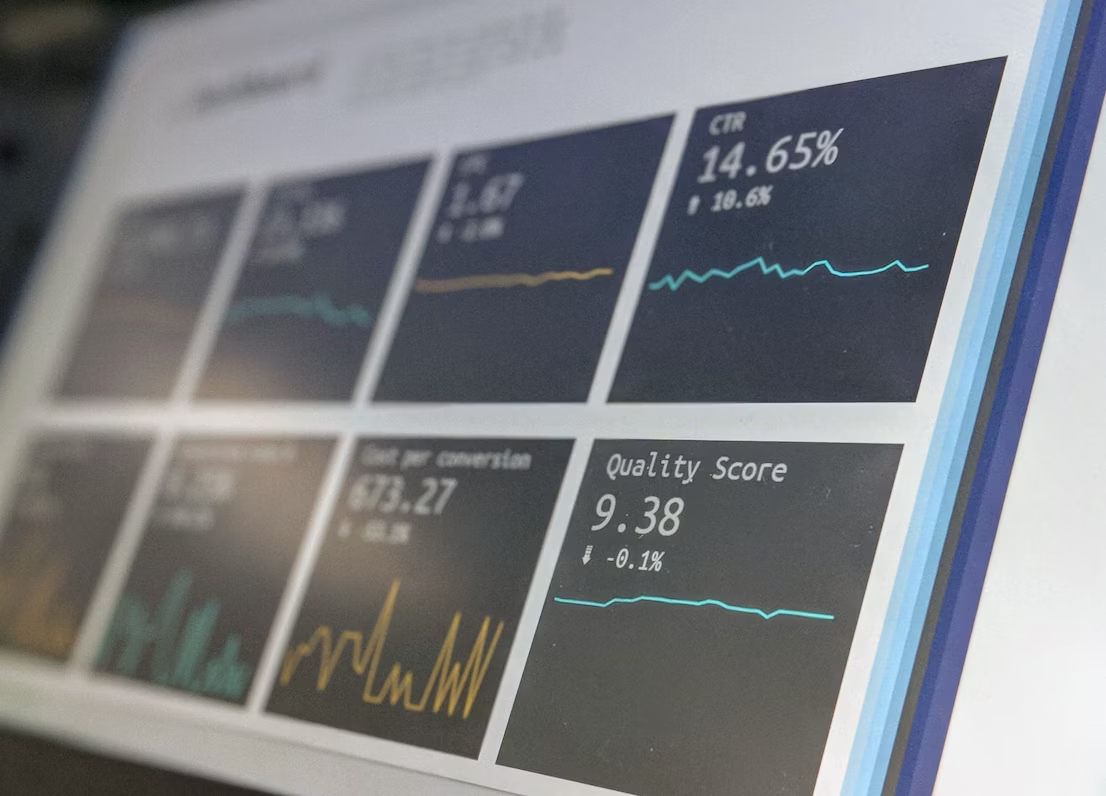Have you ever wondered how the magic of theater is created? It might surprise you to know that artificial intelligence, or AI, is becoming an indispensable behind-the-scenes player in the theater industry. Let's unravel how the role of AI in theater is changing the game.
1. AI's Role in Scriptwriting and Storytelling
When you think about penning a script or weaving a story for the stage, you probably picture a room filled with creative minds, not a machine spitting out lines. But, guess what? AI is transforming that image. The role of AI in theater, particularly in scriptwriting and storytelling, has proven to be far more than just a novelty.
AI can analyze scripts from various eras, styles, and genres to understand plot structures, character arcs, dialogues, and themes. This isn't about replacing Shakespeare, but rather about offering a fresh perspective and creative boost.
AI also helps in character development. How? Think about those scripts that AI has analyzed. It can use that data to suggest unique character traits, behaviors, and dialogues that align with the story's setting and plot. For instance, an AI tool like Wordsmith can offer suggestions for character development based on its extensive data analysis.
Imagine you're struggling with writer's block, staring at a blank page. Instead of pulling your hair out, you could turn to AI for a little inspiration.
Finally, let's not forget that AI can also assist in translating scripts. With AI, language barriers in theater could become a thing of the past, as scripts can be quickly translated and adapted for different audiences around the world.
In essence, the role of AI in theater is not about replacing the human touch in scriptwriting and storytelling. Instead, it's about enhancing creativity, offering fresh perspectives, and breaking down language barriers. And who knows? Maybe the next big hit on Broadway could be brought to you by AI.
2. How AI Enhances Stage Design and Production
Stepping away from the script, let's turn our spotlight onto another crucial aspect of theater: stage design and production. Ever thought about the role of AI in theater production? If not, you're about to be amazed!
Firstly, let's consider set design. In the past, set designers would experiment with different models, manually adjusting and tweaking until they got it just right. Quite a task, isn't it? But today, AI can help streamline this process. With AI-powered software like AutoCAD, designers can create, modify, and visualize their sets digitally. This not only saves time and effort but also allows for more precision and flexibility in design.
Now, let's talk about something really exciting: real-time AI. Imagine a performance where the lighting, sound, and visual effects respond and adapt to the actors' movements and dialogues in real-time.
Moreover, AI can also aid in costume design. AI analysis of historical and cultural clothing can assist designers in creating authentic and detailed costumes. For instance, CLO3D uses AI to help designers visualize and modify their creations in a realistic 3D space.
And it's not just about the visuals. Have you ever noticed how much sound and music add to a theater performance? AI can play a role here as well. AI algorithms can create unique soundtracks that perfectly match the mood and pace of the performance. Amper Music is one such AI that can compose original music in seconds.
So, whether it's set design, real-time effects, costume creation, or sound design, the role of AI in theater production is about making the magic of theater more magical. It's about pushing the boundaries of what's possible on stage and giving the audience an experience they'll never forget. Isn't that what theater is all about?
3. AI in Audience Engagement and Ticket Sales
Moving on from the stage, we land in the heart of the theater - its audience. The role of AI in theater doesn't stop at production, it extends right into the seats of the auditorium. Let's delve into how AI is revolutionizing audience engagement and ticket sales.
To kick things off, let's look at how AI can personalize the theater-going experience. Today, AI can analyze audience data to understand their preferences and tailor recommendations accordingly. Have you ever been unsure about what play to watch next? An AI like IBM Watson can analyze your past viewing history and suggest shows that you're likely to enjoy. No more indecisiveness!
Next, we step into the world of ticket sales. AI can predict ticket sales trends based on historical data and current market conditions. This allows theaters to optimize ticket pricing and maximize their revenue. Dynamic pricing, as it's often called, is becoming increasingly popular, all thanks to AI.
But that's not all. AI chatbots are now a common sight on theater websites. These friendly digital assistants can answer questions, provide show information, and even help you book tickets. It's like having a personal theater guide at your fingertips!
Finally, let's not forget about social media. AI tools like Hootsuite use predictive analytics to determine the best times to post content for maximum engagement. This ensures that the theater's updates and announcements reach as many people as possible.
To sum it up, from personalized recommendations to dynamic pricing, chatbots, and social media optimization, the role of AI in theater goes beyond the stage, right into the audience's lap. It's like a grand performance that keeps on giving, even after the curtain call. Brilliant, isn't it?
4. AI's Influence on Theater Marketing Strategies
With AI transforming how theaters engage with their audience and sell tickets, it's no surprise that the role of AI in theater marketing strategies is equally impactful.
Let's start with the magic of predictive analytics. AI can use vast amounts of data to predict which marketing strategies will work best for a certain production. Whether it's a classic Shakespearean tragedy or a modern musical, AI can help theaters determine the best way to market their shows. It's like having a crystal ball, but with a lot more data and a lot less mystery!
Next up is AI's role in content creation. Tools like Articoolo and Quill are capable of creating content for marketing materials. They can generate everything from blog posts to social media updates, freeing up valuable time for the marketing team to focus on other tasks. It's a bit like having an extra pair of hands, only these hands can type at the speed of light!
AI also plays a key role in customer relationship management (CRM). Systems like Salesforce Einstein use AI to analyze customer data and provide actionable insights. This allows theaters to understand their audience better and develop more effective marketing strategies. It's like having a personal assistant who knows all your customers inside out.
Finally, AI can even automate email marketing campaigns. Platforms like Mailchimp use AI to personalize emails based on customer preferences and behavior. This ensures that customers receive content that they're interested in, increasing engagement and ticket sales. It's like sending every customer a personalized letter, without all the hassle and paper cuts!
In short, the role of AI in theater marketing strategies is like a well-rehearsed play, where every move is calculated and every line delivered with precision. It's a performance that ensures the theater's message reaches the right audience at the right time, in the most effective way possible. Now that's what I call a standing ovation!
5. The Future: AI's Potential in the Theater Industry
If you thought AI has already played all its cards in transforming the theater industry, hold onto your hats! The curtain hasn't fallen yet and the future is looking brighter than a Broadway marquee.
Consider, for instance, virtual and augmented reality experiences. AI can take these technologies to new heights, creating immersive theater experiences that go beyond the physical stage. Imagine sitting in your living room, but feeling like you're in the front row of the Globe Theater—AI can turn this into a reality!
Next, let's talk about casting. AI algorithms can help in the casting process by analyzing actor's performances and suggesting the best fit for a role. It's like having a casting director who never sleeps, tirelessly working to find the perfect match for every role.
But what about the theater-going experience itself? AI can help improve accessibility for all audience members. For example, AI-powered captioning and sign language interpretation can make shows more inclusive for deaf and hard-of-hearing patrons. And for visually impaired theater-goers, AI can provide audio descriptions of the action on stage. It's like having a personal theater guide for every member of the audience, ensuring no one misses a moment of the magic.
Moreover, AI can also help in creating personalized theater experiences. Based on an individual's past preferences, AI could suggest new shows, provide tailored content, and even predict when you might want to see a show. It's like having a personal theater concierge at your fingertips.
In essence, the role of AI in theater is only just beginning its second act. As the technology continues to evolve and mature, we can expect even more innovative and exciting changes in the industry. So, sit back, relax, and enjoy the show—AI is ready to take center stage in the theater of the future!









